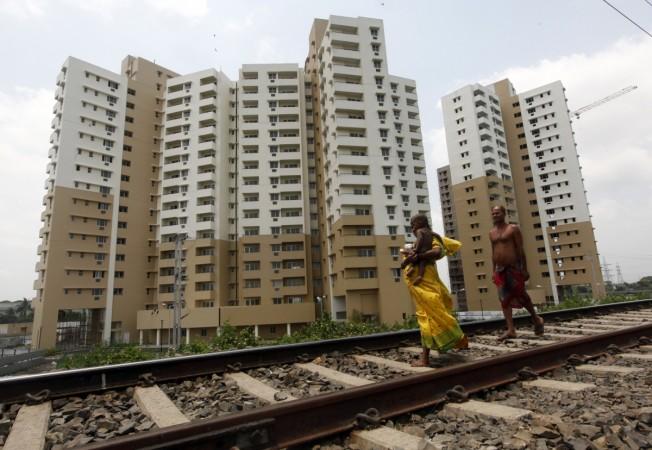The Union Cabinet, chaired by Prime Minister Narendra Modi, on Wednesday approved the 'Model Tenancy Act' for circulation to all states and Union Territories for adoption, by enacting fresh legislation or amending existing rental laws suitably.
"It (the model act) will help overhaul the legal framework with respect to rental housing across the country, which would help spur its overall growth," an official statement said.
What is Model Tenancy Act?

The Model Tenancy Act aims at creating a vibrant, sustainable and inclusive rental housing market in the country, and to enable the creation of adequate rental housing stock for all the income groups, thereby addressing the issue of homelessness. It is intended to enable the institutionalization of rental housing by gradually shifting it towards the formal market.
"The Model Tenancy Act will facilitate unlocking of vacant houses for rental housing purposes. It is expected to give a fillip to private participation in rental housing as a business model for addressing the huge housing shortage," the statement said.
To ensure speedy redressal of disputes, the Act also proposes to establish separate Rent Court and Rent Tribunal in every state/UTs to hear appeals for matters connected to rental housing.
A game-changer

Reacting to this landmark decision by the Union Cabinet, Anuj Puri, Chairman of ANAROCK Property Consultants, welcomed it and called it a gamechanger. He said the new act will help bride the trust deficit between tenants and landlords by clearly delineating their obligations and will eventually help unlock vacant houses across the country.
"This Act can fuel the rental housing supply pipeline by attracting more investors, and more rental housing stock will help students, working professionals and migrant populations to find urban accommodation (especially in COVID-19-like exigencies). Once implemented in all fairness across states, it will go a long way in formalising and stabilising the rental market. It would also revive the fortunes of not just the rental market but the housing sector at large," Puri said in a statement.
Puri, however, noted that it remains to be seen to what extent the states will toe the central government's line.

















